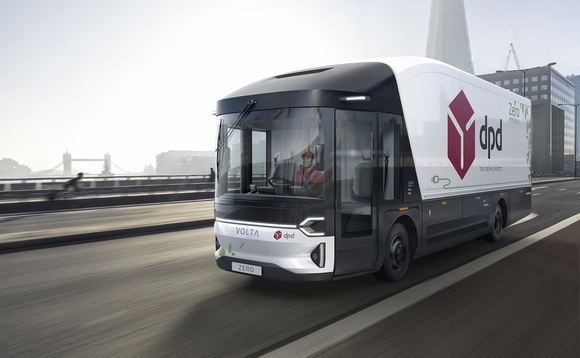
In modern society, logistics & transportation plays a significant factor in a competitive business strategy. As the world revolutionises, so do customers' preferences and ultimately their expectations. The ‘amazon prime age’ has sparked a new generation of heightened customer expectation.
The normality of same-day or next day delivery options has intensified pressure for logistics companies to perform like never before. Premium, time sensitive, flexible, fast, customer friendly interfaces & geo-location services has manifested a new delivery infrastructure. But without much knowledge of the inner workings of logistics, shoppers just expect this service as a minimum.
While customers understand the mechanics of ordering online & happily settle for next day delivery; are shoppers prepared to pay the true cost of their liquid expectations?
Fjord, the global innovation consultant, describes ‘liquid expectations’ is when a customer experience seeps from one industry to another. For example, customer’s expectations created from the user experience of digital leaders like Amazon & Uber becomes directly comparable to that of a small online boutique. This new customer mindset elicited by giant online retailers has set a new standard for global logistics. The advantages of increased mobility needs be weighted against the environmental, social & economic costs that the transport system pose.
The affordable solution for your material handling needs:
At Forktruck Solutions, we believe it is our duty to pioneer a sustainable change in the material handling industry. As customers’ expectations will only grow & the reliance on ecommerce becomes greater, the only way to achieve operational sustainability is by making energy efficient vehicles & equipment financially available to all. We believe it’s our duty to eliminate barriers that once prevented businesses from becoming sustainable by making Lithium power accessible to businesses at an affordable price. We can now provide Lithium powered forklift trucks & material handling equipment at a similar price point as traditional gas, diesel & lead-acid. Taking fuel, emissions & carbon out of businesses, without dinting profit margins or costing the earth.
It’s important to remember, logistics companies must conform to heightened customer expectation to survive. Overcoming these challenges from intense competition puts margin pressure on all supply chains. To better compete in the on-demand customer economy, retailers are largely seeking to minimise transportation costs. Meeting customer expectations is already proving challenging for many organisations and moving to even shorter delivery requires significant investment. This creates a dilemma; logistics companies can’t afford to fall behind customer expectations but neither can they afford the substantial investment required to keep up with the market.
While customers demand for greater operational efficiency is paramount, customers are now challenging operational sustainability – tightening the profit margins even further. To reduce the environmental impact of logistics & distribution, there is a need for an overall reduction in the consumption of goods. Nevertheless, the projections based on current trends point to completely opposite behaviour. Given this, if the aim is to limit our environmental impact, any solution would require serious technological change, such as the use of more energy-efficient vehicles.
While geographic proximity is no longer a concern for shoppers. The logistics industry has caused chaos, severely worsening our pollution problem. The transport infrastructure & the occupation of urban space puts logistics as one of the top 5 contributors to climate change. Logistics & it’s associated supply chain accounts for 26% of the UK’s Greenhouse emissions, the main source being the biproduct of diesel (independent).
There is a crippling vagueness about what it means to be sustainable, we all know for certain – it’s not cheap. The additional cost of buying an electric van or lorry is mostly due to the additional expense of the Lithium-ion battery, the raw materials & the costly processes involved the battery production gives electric vehicles a notoriously hefty price tag. The higher purchase price is compensated by the elimination of fuel costs & reduced carbon emissions. However, the initial acquisition cost can be too out of reach for logistics companies with evermore squeezing profit margins.
